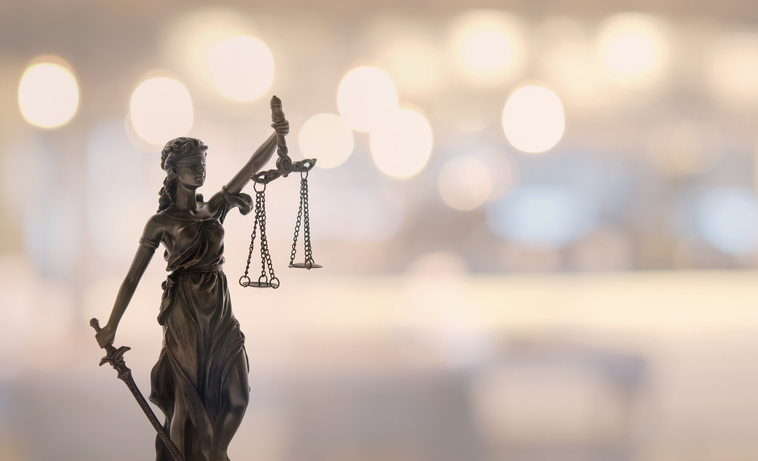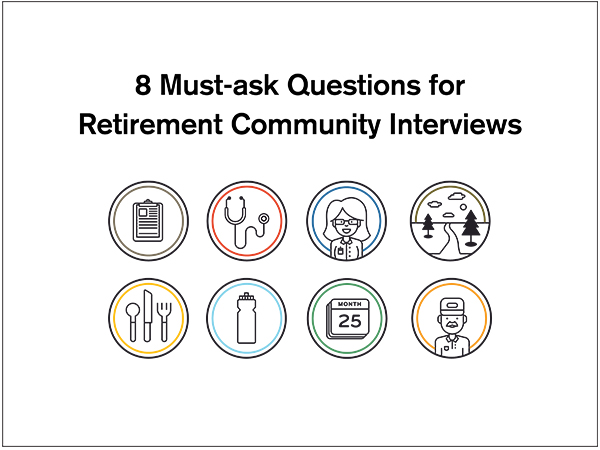A recent connection I’ve wondered about is related to a wine I frequently buy: “Barefoot” — a rather strange name for a wine. Also an unusual name for a person.
Many years ago I had a college friend by that name — Harold Barefoot Sanders. Few of us knew his real name. When he ran for student body president at the University of Texas there were many footprints on the sidewalk with the caption: “Go Barefoot today.” He won!
I moved to California after graduating from UT and lost track of him. After several years, I heard from someone here at PVE that he was a federal judge. When I googled his name for this memoir, I learned that as a child he was a bit embarrassed by the Barefoot name which had belonged to his paternal grandmother. In later years, he had learned to use it to his advantage. Who could forget someone named Barefoot?
He finished undergraduate studies at UT and then earned his law degree, practiced law in Dallas, was appointed to a federal judgeship by President Jimmy Carter and was later a counsel to Lyndon Johnson.
Barefoot died in 2008. At his memorial service, Larry Temple, an Austin attorney, said of him: “On one measure alone which more than any other changed the way we live in America today — the Voting Rights Act, striking down the artificial barriers that prevented black citizens from exercising their most precious constitutional right — Barefoot Sanders was more responsible for its passage than any other person, save the president himself.”
Considering what I have learned from Google – only the name Barefoot has a connection for the person and the wine. A far better connection came to me after reading what Larry Temple had said about Barefoot.
During Barefoot’s year as student body president and my last year at the university, there was a trial in the Texas courts in Austin: Marion Sweatt vs. the University of Texas. Sweatt was a black man who had applied for and been denied admission to the University of Texas Law School. The NAACP and their attorney, Thurgood Marshall, represented Mr. Sweatt in his lawsuit. The courtroom was filled with university students, most of whom thought Sweatt should be admitted to the law school. Sweatt and the NAACP lost their case.
I can only imagine that Barefoot, as a future law student, attended the trial many times and his decision in the Voting Rights Act had a connection to Thurgood Marshall who later became a judge on the U.S. Supreme Court and that trial in 1947.




